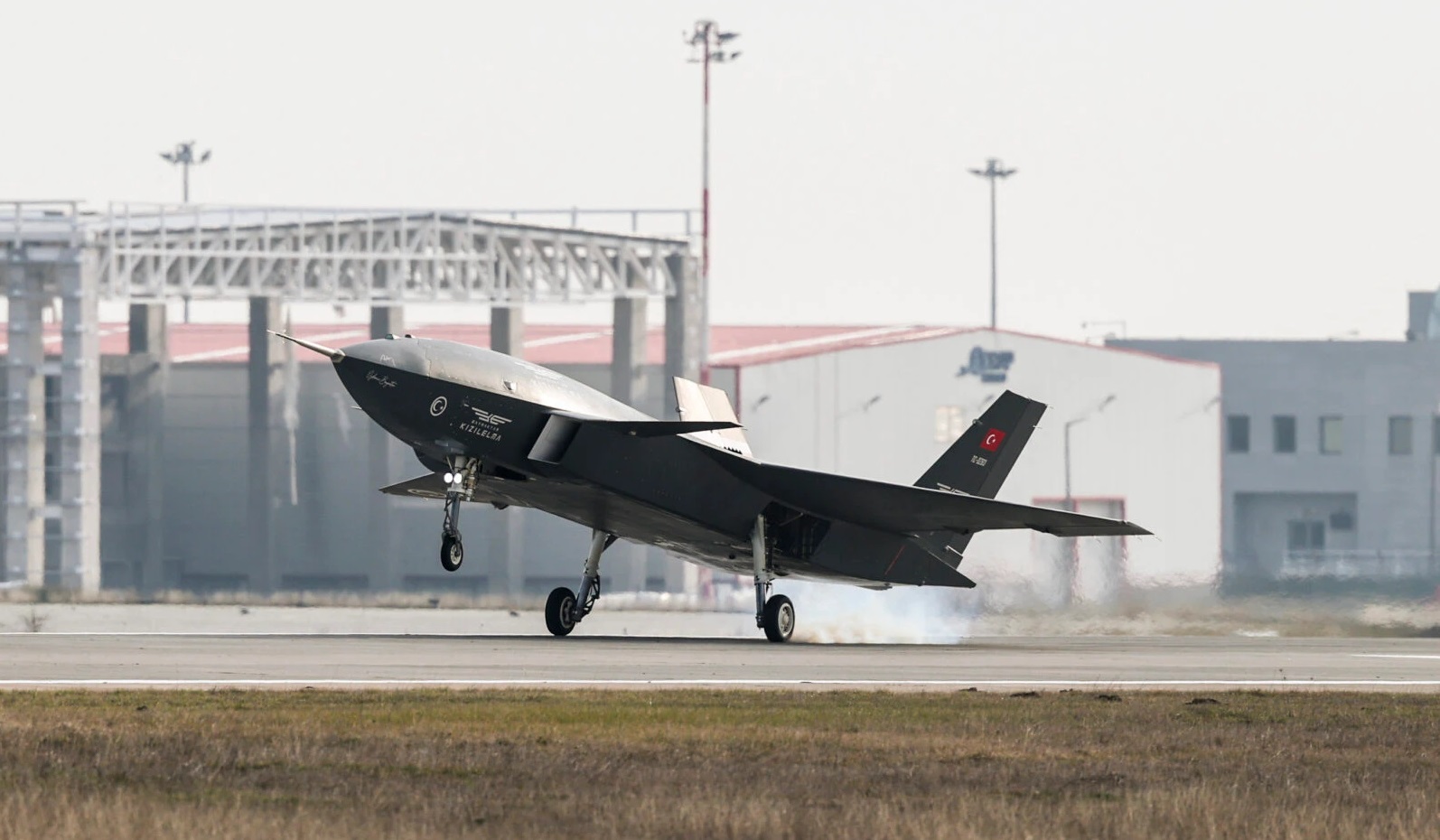Indian Coast Guard's Ambitious Expansion Aiming for 200 Vessels and 100 Aircraft by 2030

The Indian Coast Guard (ICG) is set to significantly bolster its maritime capabilities, targeting a fleet of 200 vessels and 100 aircraft by 2030. This strategic enhancement underscores India's dedication to strengthening coastal defense and ensuring maritime security.
Current Fleet and Expansion Plans
As of now, the ICG operates 151 ships and 76 aircraft, a substantial increase from its modest beginnings in 1977 with just seven surface platforms. The planned expansion includes a diverse array of vessels:
- Offshore Patrol Vessels (OPVs): These are large ships designed for long-duration patrolling, capable of operating in deep waters. They are equipped with advanced navigation and communication systems, and some classes, like the Samarth-class, can carry up to two HAL Dhruv helicopters, enhancing their surveillance and response capabilities.
- Fast Patrol Vessels (FPVs): Smaller and faster than OPVs, FPVs are designed for quick interception and are ideal for missions like anti-smuggling operations and search and rescue. The Aadesh-class is a notable example in this category.
- Interceptor Boats: These high-speed boats are crucial for close-coast operations, allowing rapid response to emerging threats or incidents near the shoreline.
- Pollution Control Vessels: Specialized ships equipped to handle marine pollution incidents, ensuring environmental protection in India's maritime zones.
In addition to these surface platforms, the ICG's aviation wing is set to receive a significant boost. Plans are underway to induct new fixed-wing aircraft and helicopters, enhancing aerial surveillance and search-and-rescue operations.
Strategic Importance of Expansion
India boasts an extensive coastline of over 7,500 kilometers and an Exclusive Economic Zone (EEZ) spanning approximately 2.3 million square kilometers. This vast maritime domain necessitates a robust and vigilant coast guard to safeguard national interests. The ICG's responsibilities are multifaceted, including:
- Maritime Border Security: Preventing unauthorized intrusions and ensuring the sovereignty of India's waters.
- Anti-Smuggling Operations: Intercepting illegal activities, including the trafficking of narcotics and contraband.
- Environmental Protection: Acting as the designated authority for oil spill response and actively participating in marine conservation initiatives.
Since its inception, the ICG has demonstrated commendable dedication, having saved over 11,730 lives in various maritime incidents. In the past year alone, 169 lives were rescued, highlighting the critical role the ICG plays in ensuring safety at sea.
Alignment with 'Aatmanirbhar Bharat' Initiative
The ICG's expansion strategy is closely aligned with India's 'Aatmanirbhar Bharat' (Self-Reliant India) vision. Emphasis is being placed on indigenous shipbuilding and aircraft procurement. Collaborations with domestic shipyards and aerospace manufacturers are underway to expedite the induction of new assets. Notably, contracts have been signed for advanced equipment, including air cushion vehicles and state-of-the-art communication systems.
Beyond Traditional Roles
The ICG's mandate extends beyond conventional security operations. As the designated authority for oil spill response in Indian waters, the ICG plays a pivotal role in environmental protection. Its involvement in disaster response has been evident during events like Cyclone ASNA and the floods in Gujarat and Wayanad. Additionally, the ICG actively participates in global initiatives such as the International Coastal Cleanup Day, underscoring its commitment to preserving the marine environment.
Investments in Technology and Infrastructure
To further enhance operational efficiency, the ICG is investing in advanced technology and infrastructure development. Key initiatives include:
- Digital Coast Guard Initiative: Establishment of a Tier-III Data Centre to support digital operations and data management.
- ASHA App: A mobile application designed to streamline medical administration within the force.
- Infrastructure Development: Construction of new facilities, such as the Maritime Rescue Coordination Centre in Chennai, to bolster response capabilities.
With these comprehensive advancements, the Indian Coast Guard is well-prepared to address evolving maritime security challenges. The planned expansion to 200 vessels and 100 aircraft by 2030 reflects a strategic vision aimed at safeguarding India's maritime interests and contributing to the nation's sustainable progress in the blue economy.



